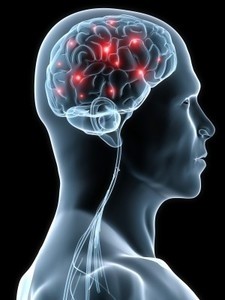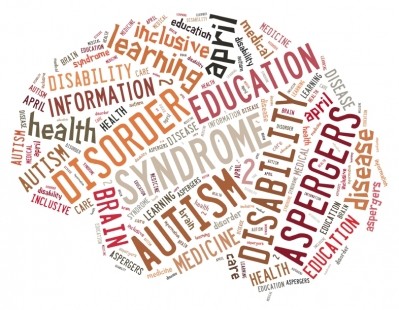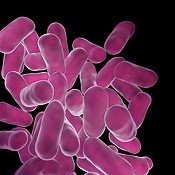Probiotics may reduce anxiety and depression, suggests study

The study, published in the Proceedings of the National Academy of Sciences, demonstrated that mice fed with Lactobacillus rhamnosus JB-1 showed significantly fewer stress, anxiety and depression-related behaviours than those fed with just broth.
Moreover, the research team, led by Professor John Cryan at the Alimentary Pharmabiotic Centre in University College Cork, Ireland, reported that ingestion of the bacteria resulted in significantly lower levels of the stress-induced hormone, corticosterone.
“This study identifies potential brain targets and a pathway through which certain gut organisms can alter mouse brain chemistry and behaviour,” said Cryan.
“These findings highlight the important role that gut bacteria play in the bidirectional communication between the gut and the brain, the gut–brain axis, and opens up the intriguing opportunity of developing unique microbial-based strategies for treatment for stress-related psychiatric disorders such as anxiety and depression,” he added.
Gut-brain interactions
The authors noted the increasing, but largely indirect, evidence pointing to an effect of the gut microbiota on the central nervous system.
“It is unknown whether lactic acid bacteria such as Lactobacillus rhamnosus could have a direct effect on neurotransmitter receptors in the CNS in normal, healthy animals,” said the researchers.
Study details
In the new study, Cryan and his team showed that regular feeding with the Lactobacillus strain caused changes in the expression of receptors for the neurotransmitter GABA in the mouse brain – the first time that it has been demonstrated that potential probiotics have a direct effect on brain chemistry in normal situations.
Importantly, L. rhamnosus (JB-1) reduced stress-induced corticosterone and anxiety- and depression-related behaviour, added Cryan and his team.
“The neurochemical and behavioural effects were not found in vagotomized mice, identifying the vagus as a major modulatory constitutive communication pathway between the bacteria exposed to the gut and the brain,” said the researchers.
“Together, these findings highlight the important role of bacteria in the bidirectional communication of the gut–brain axis and suggest that certain organisms may prove to be useful therapeutic adjuncts in stress-related disorders such as anxiety and depression,” they added.
Source: Proceedings of the National Academy of Sciences
Published online ahead of print, doi: 10.1073/pnas.1102999108
“Ingestion of Lactobacillus strain regulates emotional behavior and central GABA receptor expression in a mouse via the vagus nerve”
Authors: J.A. Bravo, P. Forsythe, M.V. Chew, E. Escaravage, H.M. Savignac, et al
















